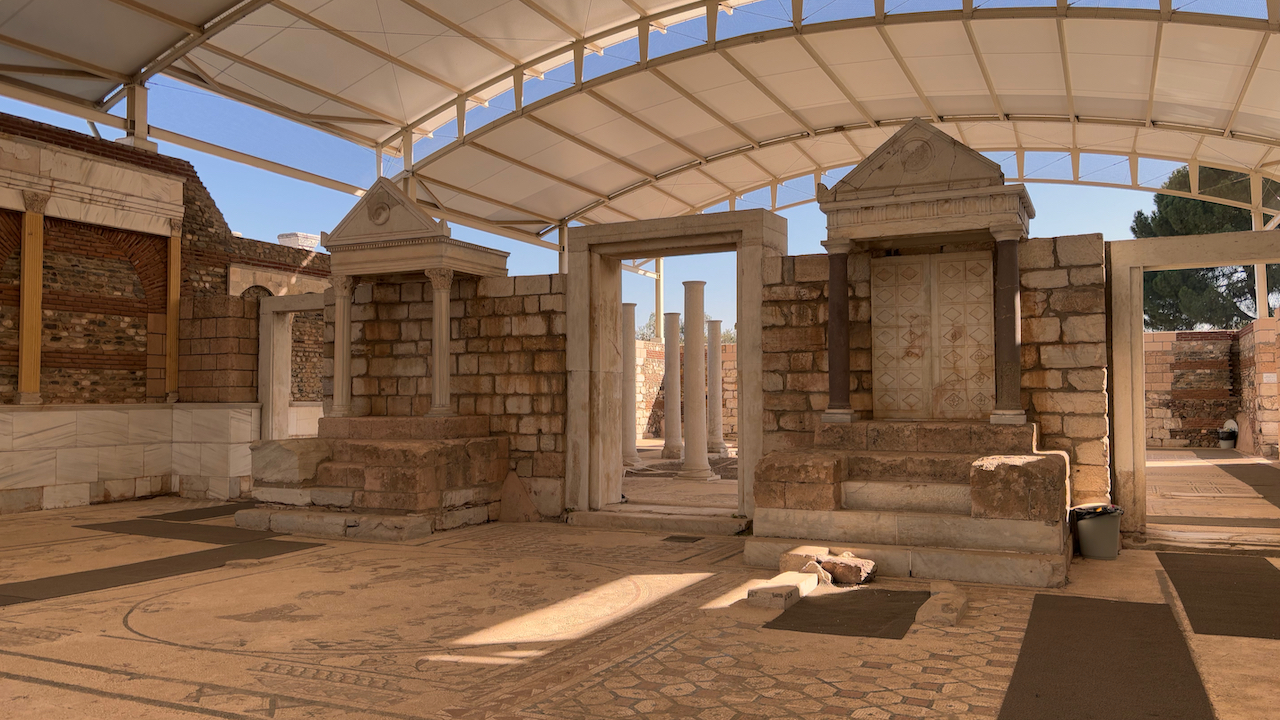How do we reach those around us with the good news of Jesus? Often people are looking for a formula: say this and do that and anyone would agree to study the Bible with you; teach this, show them that and they would accept Jesus and obey what he says. Despite some saying they have a guaranteed way to reach the lost, such a ‘method’ does not exist. Why? The reality is that people are different – what appealed to me may not be the way to reach you. Even the apostles in the first century had to deal with this.
“Though I am free and belong to no-one, I have made myself a slave to everyone, to win as many as possible. To the Jews I became like a Jew, to win the Jews. To those under the law I became like one under the law (though I myself am not under the law), so as to win those under the law. To those not having the law I became like one not having the law (though I am not free from God’s law but am under Christ’s law), so as to win those not having the law. To the weak I became weak, to win the weak. I have become all things to all people so that by all possible means I might save some. I do all this for the sake of the gospel, that I may share in its blessings.” (1 Corinthians 9:19-23 NIV)
Paul’s concern was to win as many as possible to Jesus. He realised there wasn’t a ‘one size fits all’ approach, but that he had to adapt how he presented Jesus to the circumstances of the people he was teaching. He had different approaches to those who were Jews or those who had not been given God’s law.
We can see this is in Paul’s teaching in the book of Acts. When Paul would arrive in a city he and those with him would first go to the Jewish synagogue. Why? Because they were Jews – they had an automatic affinity with those of a similar background. In addition to this, visiting Jewish teachers were invited to speak to the assembled Jews on the Sabbath.
When Paul spoke to a Jewish audience he began from their similar background and how God had called the Israelites to become his people. He would move from there to talking about the prophets and their messages, which would lead him to talking about the Messiah and that Jesus was the one who had been promised. Then he would talk about forgiveness being found in Jesus. And usually he would conclude with something about the good news being for all people. You can see this in his teaching in the synagogue in Pisidian Antioch in Acts 13.
But this could not be how he approached those who were not Jews. Why? Because they did not have God’s law, they did not have the prophets, they had not been promised a coming Messiah. Without this background he had to begin elsewhere.
With a non-Jewish audience he would begin with Creation emphasising that God was the Creator of everything. This was important because in the pantheon of gods there was a god for just about everything. He would talk about the relationship of people with God and the need to change their lives and live a certain way. The reason they needed to live this way was because judgment was coming. The judge was one God had sent and he had come back from the dead. You can see this in what he taught in Lystra and Athens (Acts 14 and 17).
What does this tell us? There isn’t a one-size fits all message we can tell people. Like Paul, we need to “become all things to all people so that by all possible means I might save some”. This means we need to talk to people and get to know them in order to be able to better tell them the good news of Jesus.
Jewish synagogue in Sardis. Photo by Jon Galloway.
Readings for next week: 1 Corinthians 7-13
- Growing in faith despite difficult circumstances - 2026-01-16
- God’s temple - 2026-01-09
- Do we accept or reject Jesus? - 2026-01-02
